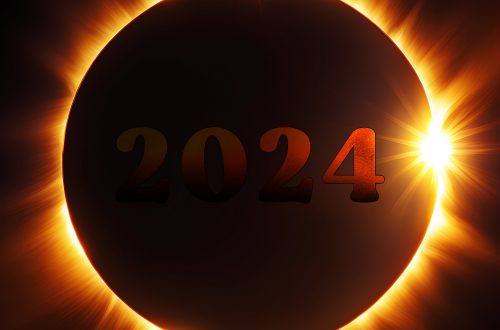This is a cross post by Yossarian from The Spitoon
Here at the Spittoon we have tended to give Inayat Bunglawala a bit of a hard time. But we also give credit where credit is due. In that spirit, he certainly deserves credit that, on the back of a panel discussion about religious freedom and sexuality in Dublin (in which he participated with Peter Tatchell), he has just written a spirited defence of gay rights.
In Muslim communities the issue of homosexuality is very rarely discussed in a candid manner and is all too often wished away as if it is an affliction that involves other groups, not them. Not far from the surface, however, are reports of gay Muslim men being pressurised into rushed marriages by parents desperate to avoid any social stigma. The woman’s family is never told the truth about her husband’s sexuality, of course, with the result that another soul has to endure unhappiness due to the initial failure to face up to the issue. It is a highly dishonest and unethical approach.
This is absolutely spot on. Yasir Qadhi has wickedly advised young Muslims who think they might be homosexual that “marriage is a solution”. I say “wickedly” because, as Inayat reminds us, such dishonesty about one’s own sexuality is not just destructive for the person concerned but everybody close to them, especially their wife and any children resulting from their union.
Inayat then enters into the powerful argument that one minority subjected to bigotry should not be propagating bigotry against another minority.
Islamic scholars and imams should ideally be performing a much-needed pastoral role by helping in these situations and providing guidance. At the very least they should insist that any intimidation or discrimination against gay Muslims is unacceptable.
Newson’s show makes mention of Nelson Mandela’s experiences in 1950s South Africa when the teachings of the Dutch Reformed Church were dominant. In order to get around the country and spread his message of black emancipation and freedom, Mandela used to disguise himself as a chauffeur, pretending to take with him a white passenger who happened to be a colleague in the anti-apartheid movement. That white colleague also happened to be gay, and during those many journeys they had the opportunity to discuss many issues. Mandela came to the conclusion that South Africa could not properly be described as a free and liberated country until all its communities, including the gay community, were freed from persecution.
Then, in discussing the Muslim Council of Britain’s support for the 2006 Equality Act, Inayat advocates a brave step forward for which, I fear, he is going to receive some flak.
The Equality Act brought the goal of a fairer society closer by proscribing – for the first time – discrimination in the provision of goods and services on the grounds of religious belief or sexuality.
The 2006 act did not in any way compel believers to change any view they had about the practice of homosexuality being against the teachings of their religion. However, it did rightly insist that if someone wanted to provide goods and services to the public, then they should do so without discrimination on grounds of ethnic background, faith or sexual orientation.
The MCB, by supporting the act in its entirely, had taken a positive step forward and had inevitably attracted some criticism from within, which I noted at the time.
Would it not be another positive step if the MCB – as a broad-based umbrella organisation – were to include a gay Muslim support group as an affiliate?
Apart from the claim that the MCB is a broad-based umbrella organisation, there is nothing to disagree with in what he writes, especially in his conclusion.
At its best, Islamic civilisation was more than willing to learn from other surrounding countries and cultures and adopt the best aspects as its own. Actively working to ensure that people are able to live free of discrimination based on one’s ethnicity, gender, religion or sexual orientation is a worthy goal and should be viewed as an Islamic goal.
Inayat on the right side of the argument, it’s almost worth a celebratory dance…


